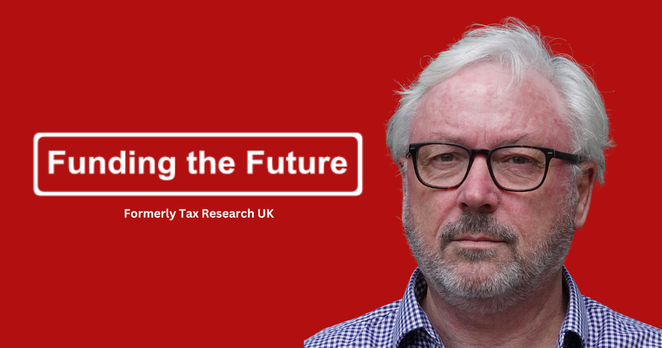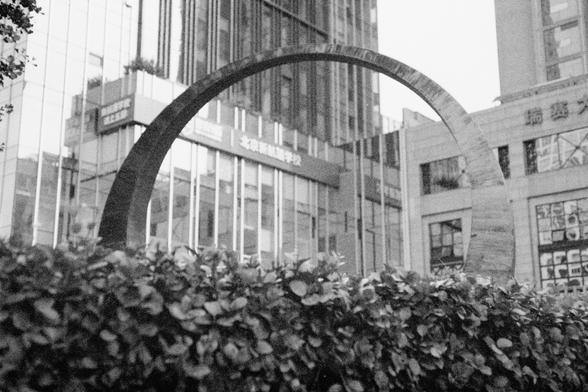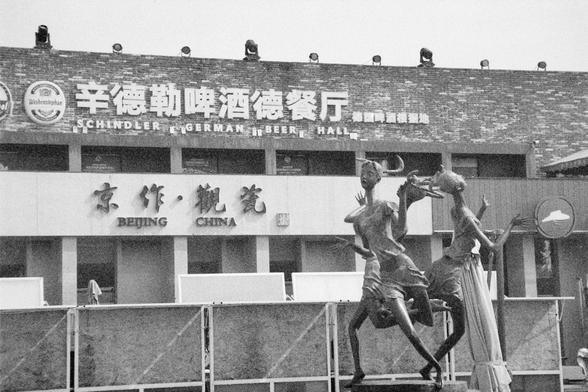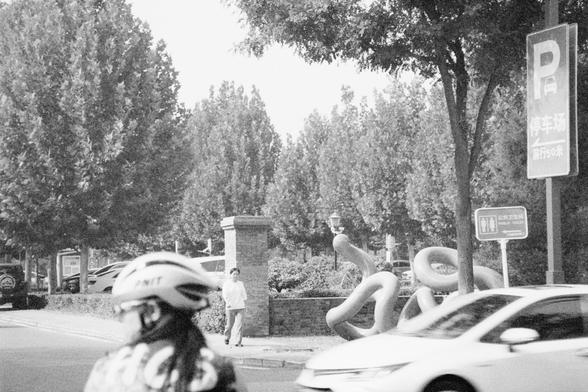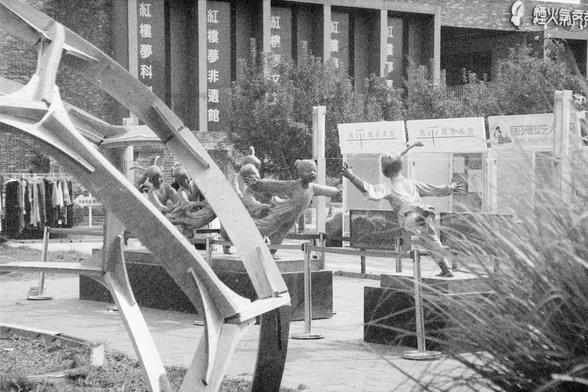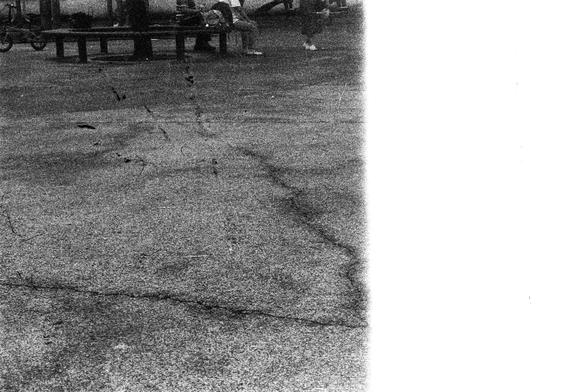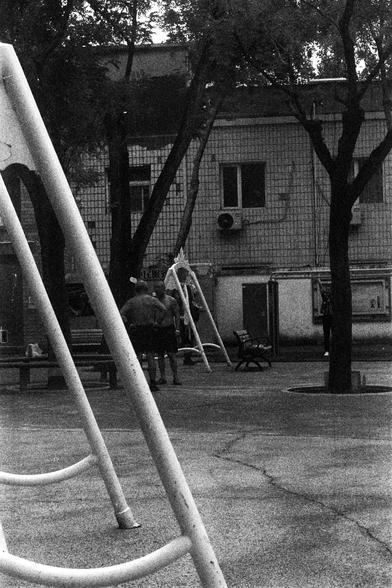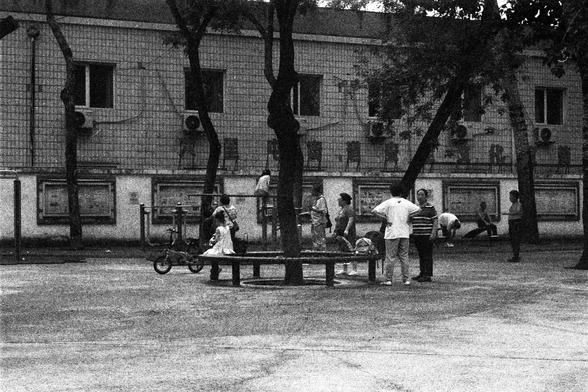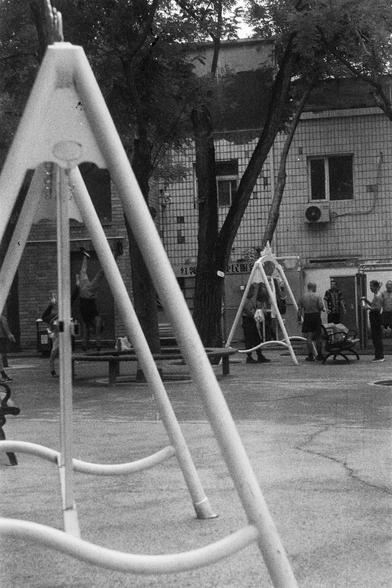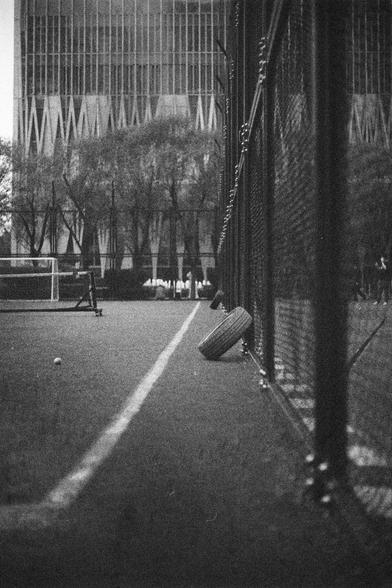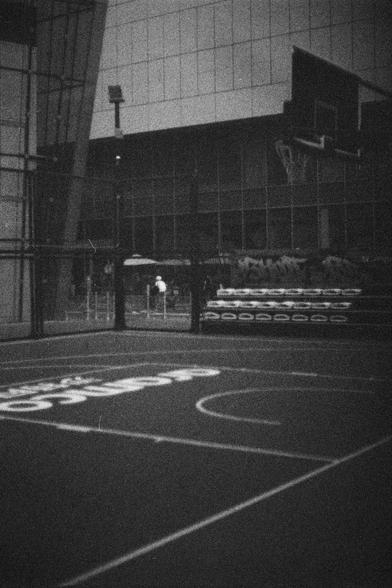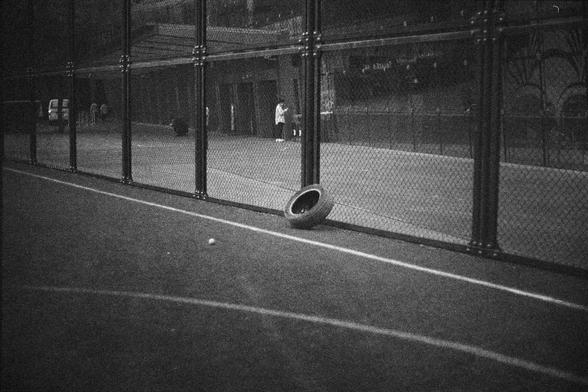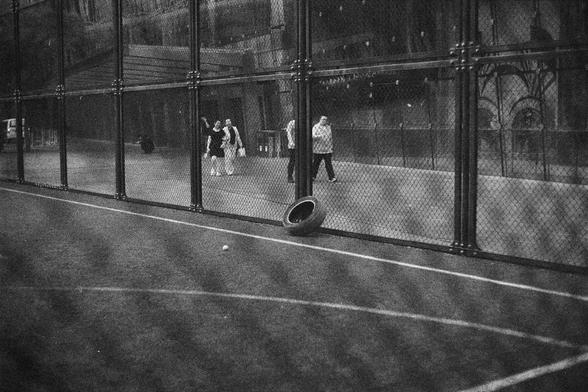2025-09-30 15:04:52
Please help Nour and her kids, if you can.
They are stuck in North Gaza.
A message I got from her on Signal, just now: “The situation is getting worse. The tanks are approaching the checkpoint, and there are preparations to close the road. My family and I cannot evacuate due to lack of money, and our lives are hanging in the balance. Please help me and my daughters. We haven’t slept from the intense fear. Our lives are in danger every moment.”
Please help and share if you c…
2025-11-30 00:30:00
Moody Urbanity - Old & New III 🔆
情绪化城市 - 新与旧 III 🔆
📷 Nikon FE
🎞️ Ilford HP5 Plus 400, expired 1993
#filmphotography #Photography #blackandwhite
2025-11-29 11:40:52
Just finished "It's Lonely at the Center of the Earth" by Zoe Thorogood.
CW: Frank/graphic discussion of suicide and depression (not in this post but in the book).
It feels a bit wrong to simply give it my review here as I would another graphic memoir, because it's much more personal and less consensual than the usual. It feels less like Thorogood has invited us into her life than like she was forced to put her life on display in order to survive, and while I selfishly like to read into the book that she benefited in some way from the process, she's honest about how tenuous and sometimes false that claim can be. Knowing what I've learned from this book about Thorogood's life and demons, I don't want her to feel the mortification of being perceived by me, and so perhaps the best thing I could do is to simply unread the book and pull it back out of my memories.
I did not find Thorogood's life relatable, nor pitiable (although my instinct bends in that direction), but instead sacred and unknowable. I suspect that her writing and drawing has helped others in similar circumstances, but she leaves me with no illusion that this fact brings her any form of peace or joy. I wonder what she would feel reading "Lab Girl" or "The Deep Dark," but she has been honest enough to convey that such speculation on my part is a bit intrusive.
I guess the one other thing I have to say: Zoe Thorogood has through artistic perseverance developed an awe-inspiring mastery of the comic medium, from panel composition, through to page layout and writing. This book wields both Truth and Beauty.
#AmReading #ReadingNow
2025-10-29 08:46:56
Richard Murphy, who previously advocated green growth, gets there in the end.
"The real challenge we face is not how to restart a growth engine that has already driven us to the edge of environmental collapse. It is how to redesign the economy so that the resources we already have are used to meet human and ecological needs.
Growth is not coming back — and nor should our democracy depend upon it."
2025-10-30 21:58:38
2025-12-29 20:04:30
Russian troops execute five disarmed Ukrainian POWs near Pokrovsk and Huliaipole - Euromaidan Press
https://euromaidanpress.com/2025/12/29/russian-troops-shoot-five-disarmed-ukrainian-pows-near-pokrovsk-and-huliaipole/
2025-12-29 00:30:01
Monumental 🪦
纪念 🪦
📷 Nikon F4E
🎞️ Ilford HP5 Plus 400, expired 1993
#filmphotography #Photography #blackandwhite
2025-10-30 21:34:17
🏳️⚧️ Drop your PRIDE flags in the replies! 🏳️🌈
Mine are: :nonbinary_flag:, :genderfluid_flag:, :bisexual_pride:, 🏳️🌈 and 🏳️⚧️.
What about you? 🌈
#Trans #LGBTQ #NonBinary
2025-10-30 00:37:05
Moody Urbanity - Playground 🎠
情绪化城市 - 娱乐场 🎠
📷 Pentax MX
🎞️ Orwo Wolfen P400
#filmphotography #Photography #blackandwhite
2025-09-30 00:30:02
Concrete Jungle III 🏗️
水泥丛林 III 🏗️
📷 Pentax MX
🎞️ Ilford HP5 Plus, expired 1993
#filmphotography #Photography #blackandwhite




